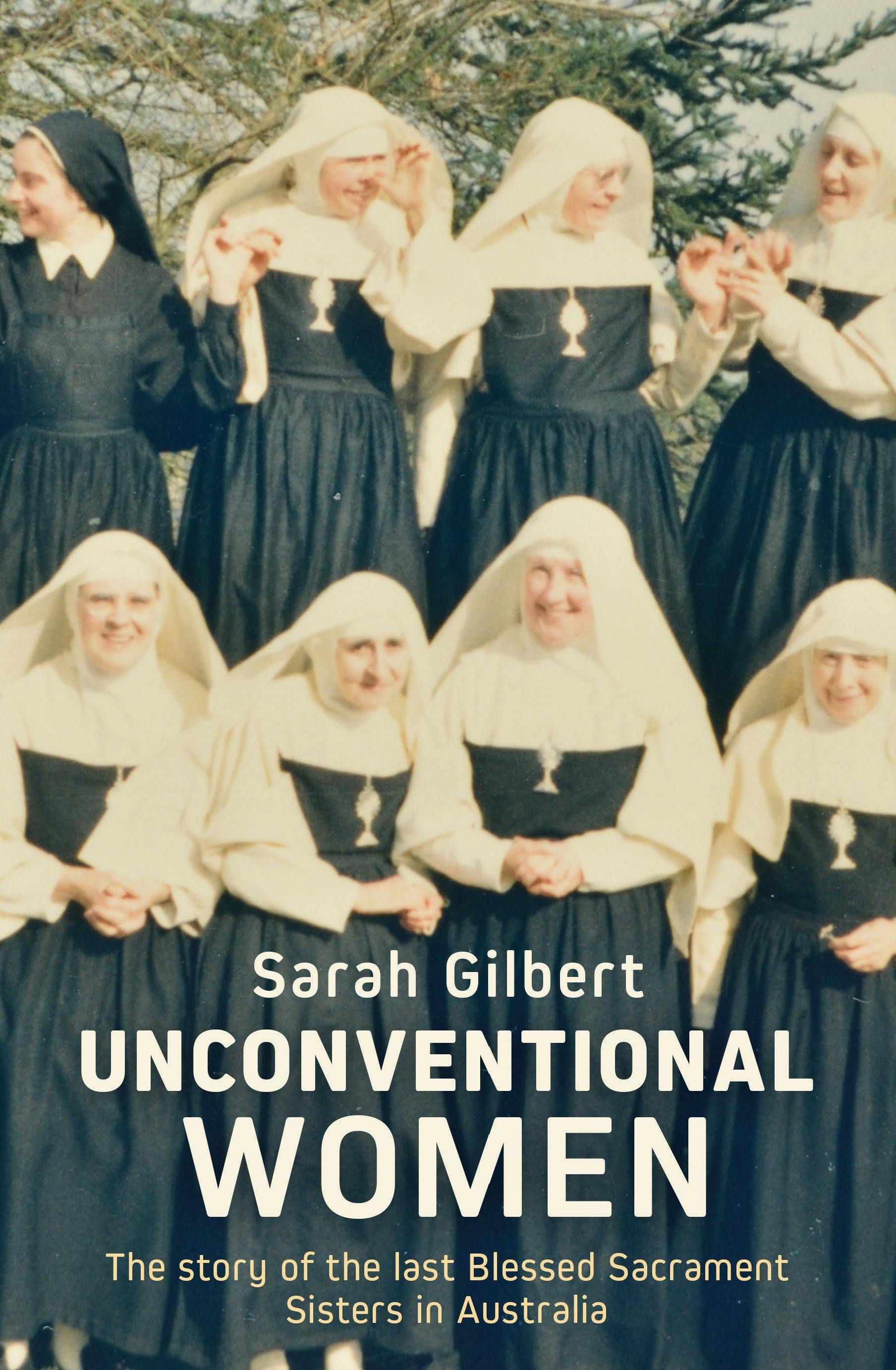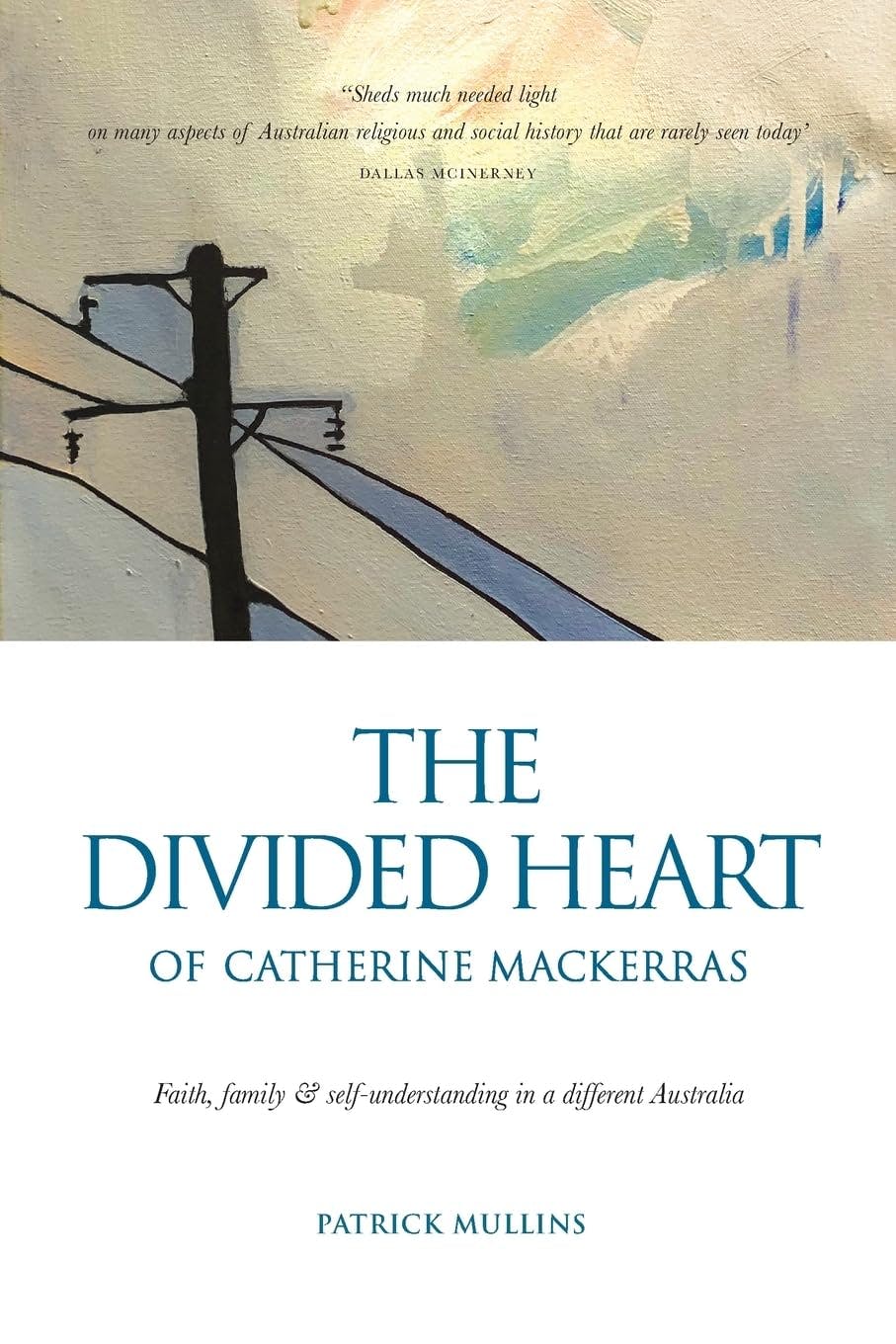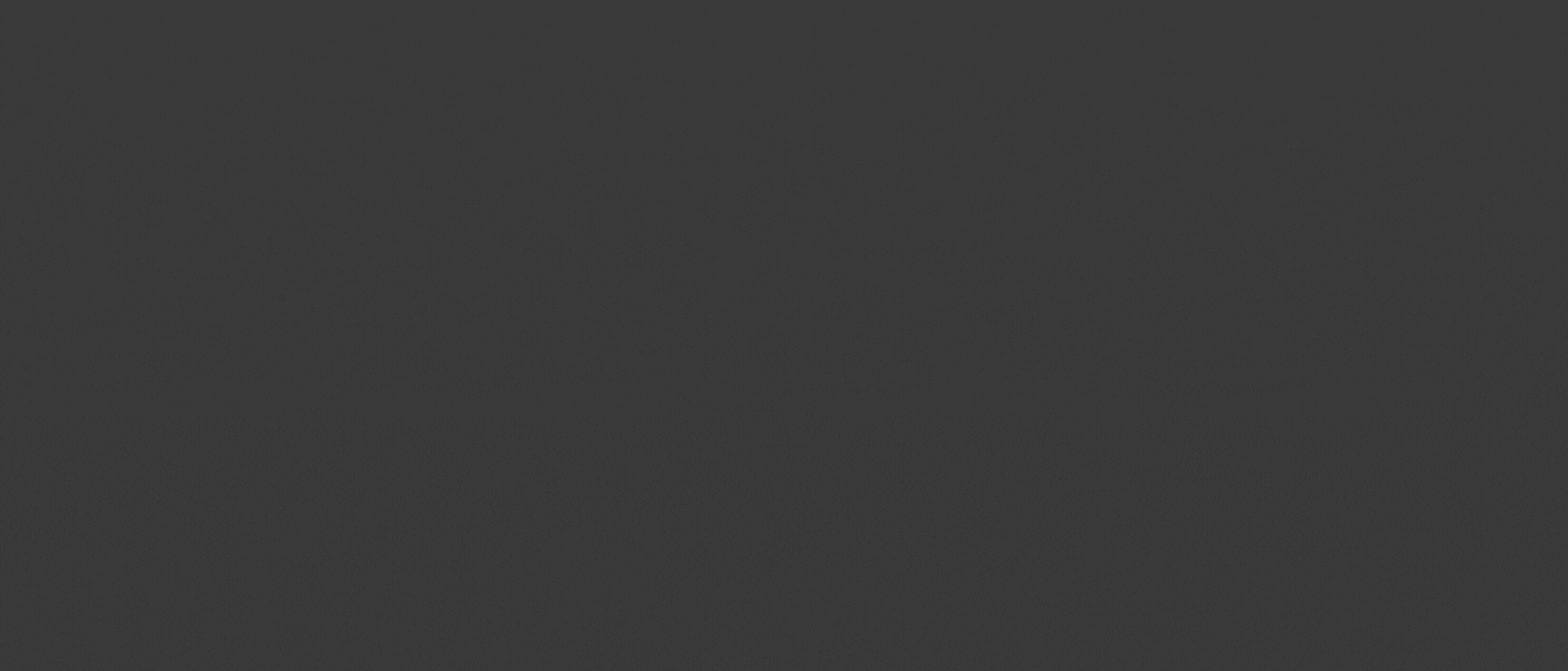The Vietnamese Turn
The SRB talks to Nathalie Nguyen about the changing historiography of the Vietnam War, with greater recognition of Vietnamese-language sources and the role of South Vietnam, and the personal stakes of this history for the Vietnamese diaspora.
Nathalie Huynh Chau Nguyen


